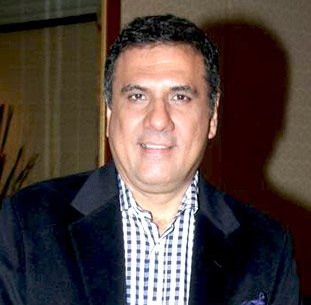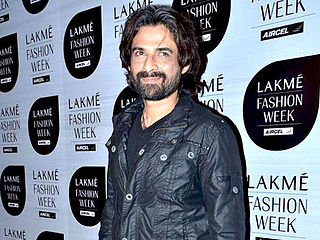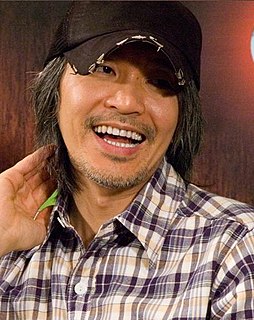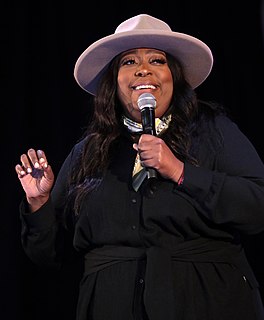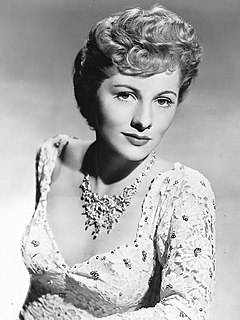A Quote by Orson Welles
The director is simply the audience. So the terrible burden of the director is to take the place of that yawning vacuum, to be the audience and to select from what happens during the day which movement shall be a disaster and which a gala night. His job is to preside over accidents.
Related Quotes
I don't go for holidays or celebrate my success because I know nothing is permanent. I don't let it get to me - like I am India's top director with too many hits. If that happens, I might lose the connect with my audience. The day I go wrong, they will run away from me. I want to be like an assistant director all my life.
To be an actor is to be ambiguous in every form, which is a very hard way to live. You represent desire: the desire of the director and the desire of the audience, even if it's a subconscious desire. If a director is to work with you for two months, he must be in love with you in some way or another.
I love watching audiences scream. I imagine it's the same joy that a director feels who has made a comedy when he or she is sitting at the back of a theater listening to the audience laugh. That sound of laughter is so sweet to a comedy director and that's exactly how a horror film feels when you hear the audience scream.
You're in a movie, so you have to think about how something plays. It's not like you're thinking about how an audience is going to react. You're trying to present the story. You're trying to illuminate the lives of these people in the story. So I'm thinking about how my behavior as this character best illuminates what's going on with them in this moment in time. I always say it's sort of the director's job. People think that the directors direct actors. No. Really, what the director's doing is directing the audience's eye through the film.


